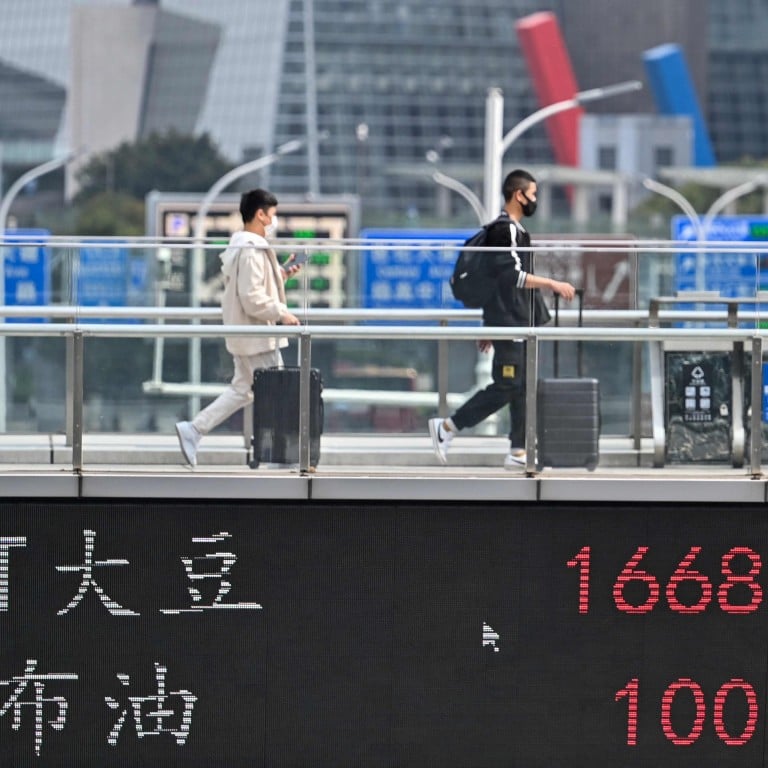
Accounting war: China’s financial regulator plans new approach to break deadlock with the US over auditing work
- The CSRC is considering a new approach that grants the US accounting oversight board access to Chinese audit papers after vetting by China’s finance ministry
- Global audit and data privacy principles will be applied in the finance ministry’s vetting for state secrets or sensitive data such as personal identity numbers
China’s financial regulator has taken a step towards ending the long-standing stalemate with the United States over corporate audits, making an overture to relieve some of the tensions that have routed New York-listed Chinese stocks in the past year.
The China Securities Regulatory Commission (CSRC) is considering a new approach that grants the US Public Company Accounting Oversight Board (PCAOB) access to the audit papers of China-based companies after they are cleared by the Chinese finance ministry for state secrets or sensitive data such as personal identity numbers, said two sources familiar with the plan.
The plan relegates the CSRC to the back seat in the auditing dispute between the US and China, from the role it has held since 2016 as the collector and gatekeeper of China’s audit working papers. It also takes the PCAOB a step closer towards its mission of ensuring that US-listed companies submit “independent” audit reports, the sources said.
“If Beijing decides to adopt such an approach, it will be a real breakthrough,” said Edmund Wong Chun-sek, a practising director of Patrick Wong CPA, who also represents Hong Kong’s accountancy constituency in the city’s legislature. “It would make the lives of auditors much easier when the two sides can agree on how to let US regulators do the audit reviews, while listed companies can also avoid being delisted.”
Who’re you calling a cheat? China rebuts US fraud claim with overture
The CSRC had briefed several of the largest New York-listed Chinese companies since early March, urging them to curate their audit working papers to prepare for vetting by the finance ministry, where global audit and data privacy principles will be applied, the sources said.
Does Trump want to fence off Wall Street from Chinese firms?
The HFCAA, enacted during the twilight of the Trump administration, requires foreign companies listed in the US to comply with audit inspection rules under the auspices of the PCAOB, or face expulsion from the stock exchange after three consecutive years of non-compliance.
The PCAOB is a product of the 2002 Sarbanes-Oxley Act, enacted to protect stock market investors from financial fraud after Enron’s bookkeeping scandal almost two decades ago pushed the energy company into bankruptcy and led to the dissolution of the accounting firm Arthur Andersen.
Less known is the preceding paragraph of Section 117 of the law that mandates the CSRC to set up mechanisms for cross-border collaboration with overseas regulators, such as the SEC and the PCAOB.
China, US regulators initiate talks on audit inspection
Seven China-based accounting firms and eight based in Hong Kong – responsible for auditing 191 US-listed Chinese companies with US$1.9 trillion in combined market value – are overdue for inspection, the PCAOB said, adding that it has not completed the inspection of a firm in mainland China or Hong Kong since 2010.
“Our understanding is that the Chinese authorities are open to audit oversight cooperation with the US, and have been in communication with the US regulators on this matter,” according to a spokeswoman of the accounting firm Deloitte.

